
The Power of Words: Crafting Reality with Every Breath
In the quiet stillness before creation, there was only the Word. A single utterance, imbued with divine intent, sparked the heavens and the earth into existence. John 1:1 reminds us, “In the beginning was the Word, and the Word was with God, and the Word was God.” Words are not merely sounds strung together; they are divine tools, the raw material of reality itself. With every word we speak—whether in joy, anger, or despair—we wield this same creative force. Eckhart Tolle teaches that the present moment is where all power resides, and what we say in this moment carries the potential to shape the future, for better or for worse.
Picture this: A mother, frustrated after a long day, snaps at her child with words she doesn’t mean, calling them “lazy” in a moment of anger. The child, stunned, takes those words into their heart. The seed is planted. Over time, the child begins to doubt their abilities, internalizing a story they never wrote. Anthony de Mello reminds us that awakening begins when we see things as they truly are. Here, the truth is clear: the mother did not curse the child; she crafted a reality born from her pain. Her words, spoken without awareness, became a wish fulfilled in the form of a false identity for her child.
But here’s the hope: the power of the Word is redemptive, too. Just as careless words can harm, intentional ones can heal. Imagine that same mother, realizing her mistake, gently speaking life into her child. “You are capable. You are strong. You are loved.” These words are not mere corrections—they are acts of creation, aligned with God’s original intent for humanity. Like a sculptor shaping clay, we are always crafting wishes, whether consciously or unconsciously. The question is, will we use this gift with wisdom and awareness?
What Is Witchcraft? A Deeper Perspective
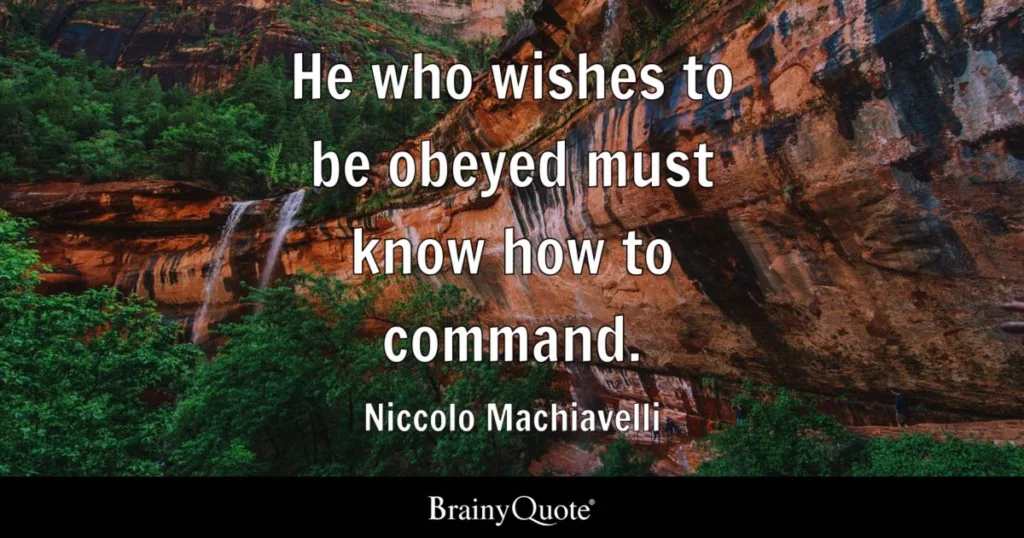
Witchcraft, for many, conjures images of dark rituals, incantations, and mysterious forces. But what if we told you that witchcraft, at its core, is simply the art of crafting a wish into reality? From the moment you desire something—whether it’s a dream, a goal, or even a shift in your life circumstances—you are, in essence, performing a form of witchcraft. Every thought is a spell, every spoken word a charm, and every action a manifestation of your intent. It’s not bound by candles or potions, but by the power of belief and focus. Eckhart Tolle reminds us that true power lies in the present moment, where intention is born. And so, witchcraft begins in the present—our thoughts and desires shaping what is yet to come.
But here’s the catch: witchcraft itself is neutral. It is not inherently good nor inherently evil. It is simply a tool, a force of nature that responds to the intent behind it. Consider the parable of the talents in the Bible (Matthew 25:14-30), where the master entrusts his servants with resources according to their abilities. What they did with those resources determined the outcome—not the resources themselves. The same is true for witchcraft. The power lies in the user’s intent. If the intention is pure, aligned with love and truth, the results can be life-giving. If the intention is selfish, harmful, or manipulative, the consequences will reflect that energy.
This duality of witchcraft, the power to shape reality through intent, calls for deep awareness. Anthony de Mello speaks of spiritual awakening as the moment we realize we are not just the sum of our thoughts but the observer of them. We are not our desires, but the witness to them. The moment we awaken to this truth, we can choose what we craft with our words and actions. Like a skilled artisan, we can shape our reality with purpose, or we can unwittingly craft chaos. So, while witchcraft may seem mysterious or frightening, it is, at its deepest level, the power to create. The key is in the hands of the one who holds the intent—whether that’s for good or ill, healing or harm. The choice is ours.
In the Beginning Was the Word: The Divine Connection
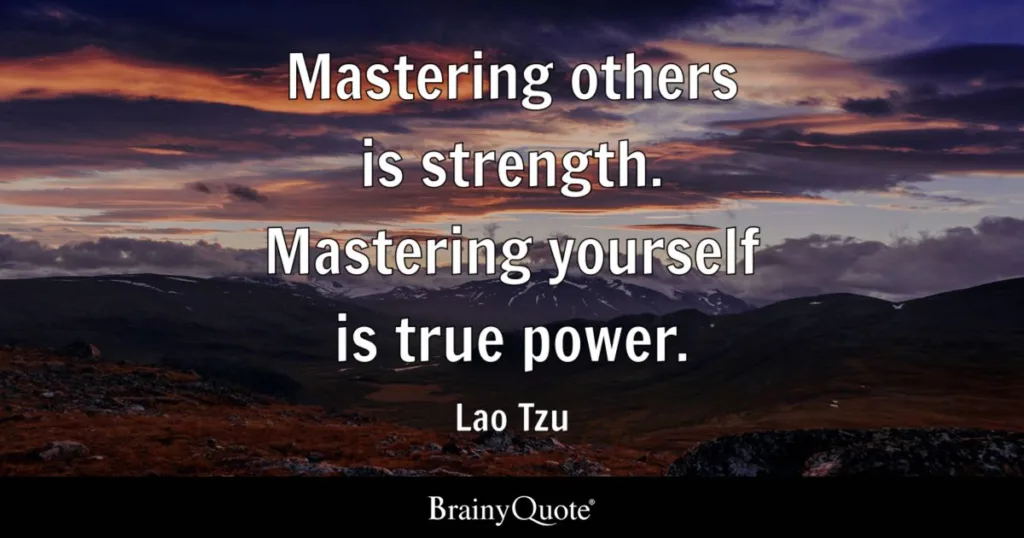
In the very beginning, before time itself began, there was only the Word. “In the beginning was the Word, and the Word was with God, and the Word was God.” (John 1:1). These words are not mere abstract concepts; they are divine power made manifest. The universe was created by the spoken Word, and through that Word, everything that exists came to be. The Bible reveals a profound truth: words are not just tools of communication—they are the very essence of creation itself. Every time we speak, we tap into this ancient, divine force. To understand this is to realize that our words, no matter how small, carry the weight of creation. They are the vessels through which our lives take shape, both spiritually and physically.
Eckhart Tolle teaches that awareness in the present moment allows us to align ourselves with the true power of creation. When we speak with presence, we connect with that divine energy and bring life into alignment with God’s will. Words spoken in haste or without thought are disconnected from this power, dissipating into the air without purpose. But when we speak intentionally, with full awareness of the energy we carry, we tap into the same creative force that shaped the cosmos. Every word is an act of co-creation, and thus, we must be ever mindful of how we wield this power. To speak in alignment with God’s will is to speak with wisdom, truth, and love.
But this is where responsibility lies. Just as God spoke the world into being, we are entrusted with the power to shape our reality through words. The question, then, is: Are our words aligning with God’s purpose for us? Are we speaking words that build up, that heal, that restore, or are we speaking words that tear down, that harm, that destroy? Anthony de Mello’s teachings remind us that spiritual awakening begins when we realize the power of our thoughts and words. We are not passive recipients of life; we are active participants in creating it. To align speech with God’s will is to speak with purpose, with truth, and with love—knowing that in every moment, we are crafting the world around us. Just as the Word was with God in the beginning, it is with us now. How we use it will determine the course of our lives.
The Danger of Words Without Restraint
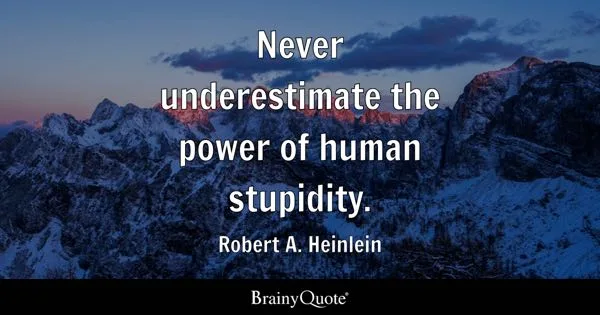
In today’s society, we are encouraged to express ourselves freely, to speak our minds without restraint, and to say whatever we feel in the moment. “Say what you think,” they tell us, as if unfiltered speech is a sign of strength or authenticity. But this “freedom” comes with a heavy cost. In our quest for self-expression, we often forget that words carry immense power. They are not just sounds or thoughts; they are forces that shape our reality, alter relationships, and influence the hearts of others. When we speak without awareness, without considering the impact of our words, we can wound others deeply and cause irreparable damage to ourselves.
Unchecked speech is a reflection of a deeper issue—the inability to control the ego and emotions. Eckhart Tolle speaks about the power of presence, teaching that when we are present, we can respond thoughtfully rather than react impulsively. Unfiltered words are often the product of emotional outbursts, where we let our feelings take the reins. Whether out of anger, fear, or insecurity, our words can become weapons that strike others without warning. The Bible warns us in James 3:5-6, “The tongue is a small part of the body, but it makes great boasts. Consider what a great forest is set on fire by a small spark. The tongue also is a fire, a world of evil among the parts of the body.” The damage is not just physical; it is spiritual and relational. Words spoken in haste can set a chain of destruction in motion, igniting conflict, resentment, and bitterness.
At its core, speech without restraint undermines our ability to form meaningful, loving connections. Words are the foundation of our relationships, and when they are used carelessly, they break trust and create walls between people. Anthony de Mello highlights that true spiritual awakening comes when we realize that we are not our emotions, but the observers of them. The moment we awaken to this truth, we realize that we don’t have to be slaves to our feelings or let them spill out unchecked. By learning to control our speech, to pause before reacting, we can foster deeper connections and spiritual peace. Restraint in speech doesn’t mean silence; it means speaking with intention, awareness, and love—recognizing that the words we choose today will shape the relationships and realities we live tomorrow.
Speech and Possession: When Emotions Take Over
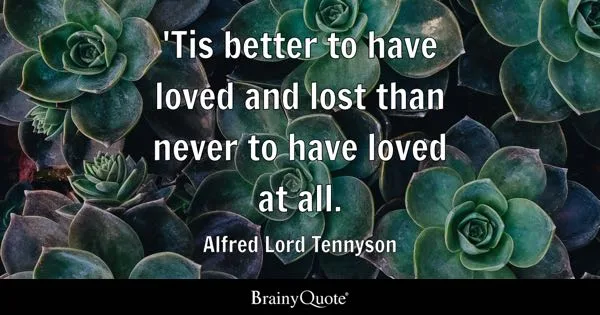
There are moments in life when our emotions feel so intense, so overwhelming, that they seem to take control of us, turning our speech into something unrecognizable. It’s as if we become possessed, not by an external force, but by our own feelings. In these moments, the words we speak are no longer ours—they’re the raw, unchecked expression of our internal turmoil. It’s easy to see this in moments of anger or fear, when the words fly out in a rush, cutting, wounding, and leaving us wondering where they came from. This is the essence of emotional possession—the point where our speech becomes uncontrollable, dictated entirely by our emotional state. We are no longer speaking from our true selves, but from a place of chaos and pain.
For many women, this loss of control in speech can be especially pronounced. Society often expects women to be emotional, to express their feelings freely, without restraint. While this can be empowering, it can also create a dangerous space where unchecked emotions begin to dominate the narrative. The heightened emotional expression, especially during conflict, often turns into verbal outbursts that they may later regret. Words spoken in the heat of the moment—driven by fear, anger, or frustration—are like fire, raging out of control, and causing damage long after the flames have burned out. When emotions take over, there’s a disconnect from our higher self, and our words lose their power to heal, becoming destructive instead.
Eckhart Tolle teaches that true mastery of our emotions comes when we are able to observe them without identifying with them. The key to freedom, then, is not in suppressing emotions but in becoming present enough to choose our response. When we can take a breath and pause before speaking, we reclaim our speech and our power. Anthony de Mello echoes this wisdom, emphasizing the importance of awareness and detachment from our emotions, which allows us to respond with clarity and truth rather than react impulsively. When we are fully aware, we realize that we don’t need to let our emotions possess us, nor do we need to let them dictate the words we speak. Instead, we can speak with love, purpose, and intention—words that heal, rather than harm.
Steps to Mastery: Crafting Wishes for Good
Mastering the art of speech begins with one simple, yet profound, step: pausing before reacting. In moments of emotional intensity, it’s easy to fall into the trap of speaking without thinking, letting the rush of feelings dictate our words. But true mastery comes when we create a gap between the emotional surge and our response. This pause isn’t just about holding our tongue; it’s about giving ourselves the space to connect with our deeper selves, to observe the emotions without letting them control us. When we pause, we gain the power to choose our words intentionally rather than allowing them to spill out in haste. Eckhart Tolle teaches that awareness in the present moment is key to controlling the ego’s impulses. The more we practice presence, the more we can control our reactions, ensuring that our speech reflects our true intention, rather than a knee-jerk emotional response.
The second step in mastering speech is prayer—seeking divine guidance in moments of uncertainty. When emotions run high, it’s easy to be swept away by the storm. But prayer offers us a lifeline, a way to reconnect with God’s wisdom and clarity. By asking for divine guidance, we open ourselves to a higher understanding, allowing God to shape our words before they leave our lips. It’s in these moments that we invite God’s will to be done through our speech, choosing words that bring peace rather than division, healing rather than harm. As we pray, we surrender our need to control the situation and trust that God will direct us in the right path. Prayer becomes our anchor, grounding us in divine wisdom and allowing us to speak from a place of love and truth, rather than fear or anger.
Finally, replacing harmful reactions with thoughtful reflection is the key to transforming our words into a force for good. Instead of lashing out in anger or frustration, we must learn to reflect before we speak, considering the impact of our words on ourselves and others. Anthony de Mello speaks of spiritual awakening as the moment we realize we are not controlled by our emotions, but can choose how we respond to them. Thoughtful reflection allows us to act in alignment with our highest values and divine purpose, rather than our fleeting emotional states. It’s about taking a step back, considering the bigger picture, and choosing words that build up rather than tear down. When we replace reactions with reflection, we shift from being victims of our emotions to conscious creators of our reality, crafting wishes with our words that align with the goodness of our hearts and the will of God.
Deliverance: Prayers to Remove Witchcraft and Negative Energy
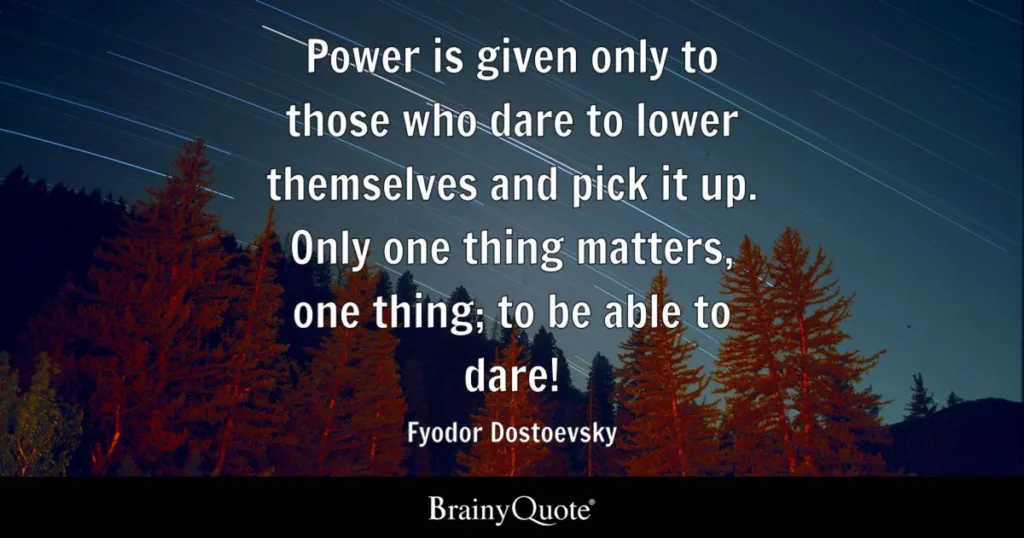
When it comes to spiritual cleansing, the first step is always repentance—the act of acknowledging where we have gone astray and asking for forgiveness. Our words, when misused or spoken out of alignment with divine purpose, can unknowingly invite negative energy into our lives. Through repentance, we seek to release any past misuse of our speech and turn our hearts back toward God. We must humble ourselves, recognizing that our words, like all actions, carry consequences, and ask for forgiveness for the times we’ve allowed them to create harm. A simple prayer of repentance might sound like this:
“Lord, I repent for the times I have used my words carelessly or in anger, for the times I have spoken in ways that have hurt others or invited negativity into my life. Forgive me for not being mindful of the power of my speech. Cleanse my heart and my tongue, and help me to speak in alignment with Your will from this moment forward.”
Once repentance clears the path, deliverance follows as we break free from any lingering harmful influences. Negative energies, witchcraft, or even curses that we may have invited into our lives—knowingly or unknowingly—can bind us, holding us in a state of spiritual oppression. Through deliverance prayers, we release these forces, severing their hold on our lives. This prayer is about claiming freedom, asking God to break the chains of negative influence and empower us to walk in divine truth. A prayer for deliverance might go like this:
“In the name of Jesus, I renounce all negative influences and the power of witchcraft that has tried to take hold of my life through my words or actions. I break free from any curses or bindings placed upon me, knowingly or unknowingly. I declare that I am free from all evil forces, and I ask You, Lord, to restore my spirit and renew my mind. Fill me with Your light and love, and protect me from any further harm.”
Finally, after repentance and deliverance, we must call upon God’s protection to guard us against future harm. It’s important to recognize that, while we may have been freed from past negative influences, we must continue to fortify ourselves with divine protection, ensuring that no evil can return. A prayer for protection asks God to surround us with His spiritual armor, safeguarding our hearts, minds, and words. This prayer is a declaration of faith, knowing that God’s protection is greater than any force of darkness. A prayer for protection might sound like this:
“Lord, I ask for Your protection to surround me at all times. Guard my heart, my mind, and my speech, that I may remain free from the influence of negative energy and witchcraft. Place a hedge of protection around me, my family, and my home, and let no weapon formed against us prosper. I trust in Your power and Your grace to keep me safe, and I commit to walking in the light of Your truth, always.”
These prayers provide a structured approach to spiritual cleansing, guiding us through the essential steps of repentance, deliverance, and protection. As we pray with sincerity and faith, we can begin to experience the transformation that comes from aligning our words and actions with God’s divine will, moving forward in peace and spiritual freedom.
Aligning Speech with Divine Intent
Our words are far more than mere sounds or sentences—they are divine tools of creation, endowed with the power to build or destroy. In the beginning, God spoke the world into existence, and just as His words created life, ours too have the power to shape our reality. Every time we speak, we are participating in a sacred act, whether we realize it or not. When we align our speech with divine intent, we create not only harmony in our own lives but also in the world around us. Words, when used with purpose and mindfulness, can heal, uplift, and bring us closer to the divine truth we seek to manifest in our lives.
Now is the time to rise to the challenge of speaking with intention, of crafting wishes that align with God’s will rather than the whims of fleeting emotions. As we move forward, let us remember the immense power our words carry and commit to speaking with purpose, love, and respect. Let every sentence be a prayer, every word a step toward healing, and every conversation an opportunity to reflect God’s light in a world that desperately needs it. This is not just a call to change how we speak but to transform how we engage with the world—choosing to use our speech as a force for good, a force that reflects divine wisdom and purpose.
Stay well until next time
At your service,
Mani














